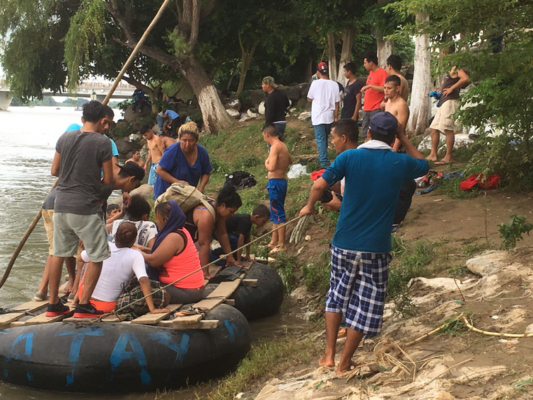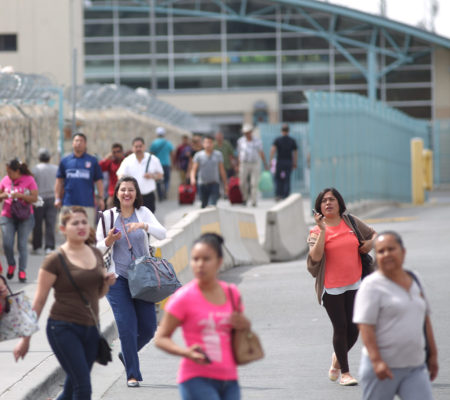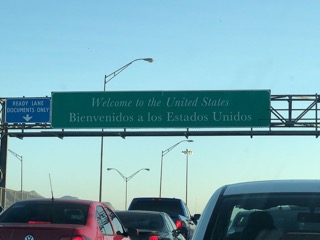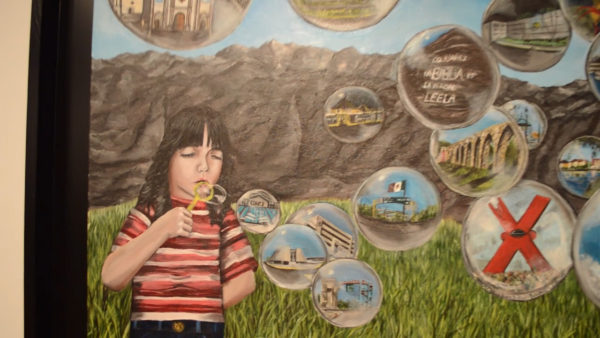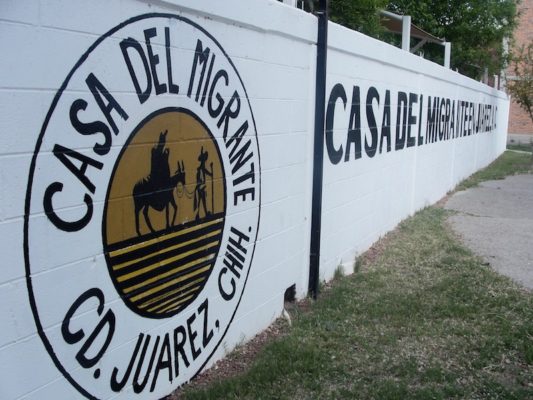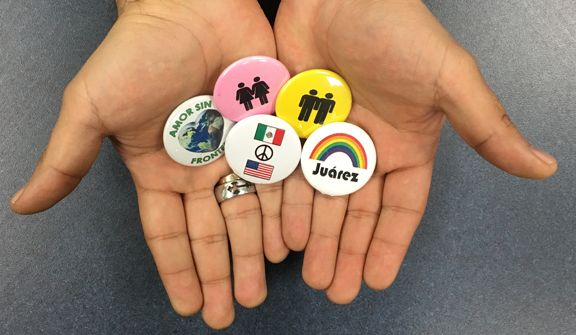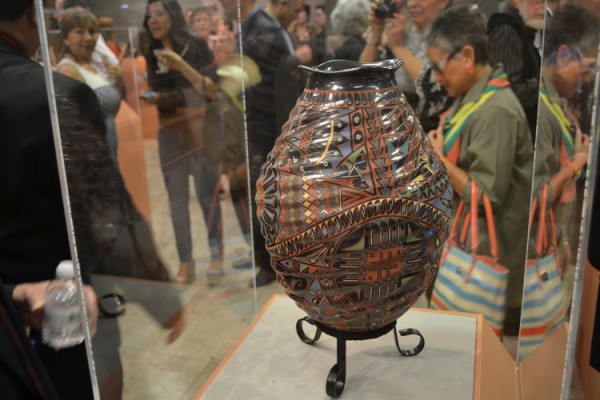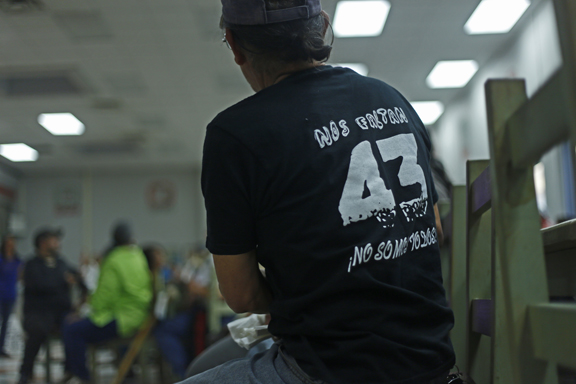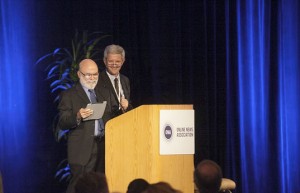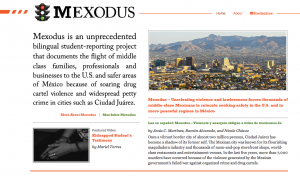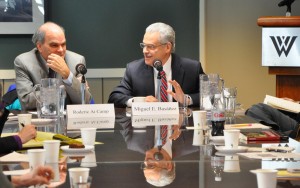
EL PASO — This Sunday Borderzine goes to press with Mexodus, an unprecedented bilingual student-reporting project that documents the flight of middle class families, professionals and businesses to the U.S. and safer areas of México because of soaring drug cartel violence and widespread petty crime in cities such as Ciudad Juárez. We believe Mexodus sets the bar for future collaborate investigative journalism that builds bridges across academic, national and language borders, in this case English and Spanish, the U.S. and Mexico. The web and digital technology facilitated the collaboration, as well as expertise from professional trainers from Investigative Reporters and Editors and research by Fundación MEPI in México City. The project received funding from Ethics and Excellence in Journalism Foundation. The result is more than 20 stories in two languages, videos, slideshows, photos, info graphics and charts produced by participation from nearly 100 student journalists from four universities, University of Texas El Paso, California State University Northridge, and Tecnológico de Monterrey in Chihuahua and México City. Although it was difficult for students to quantify the dislocation of México’s middle class due to the violence –– researchers and demographers estimate the Mexodus at about 125,000 –– more empirical studies will likely reveal a larger number of refugees pushed out by growing violence, perhaps twice as many, according to some.

